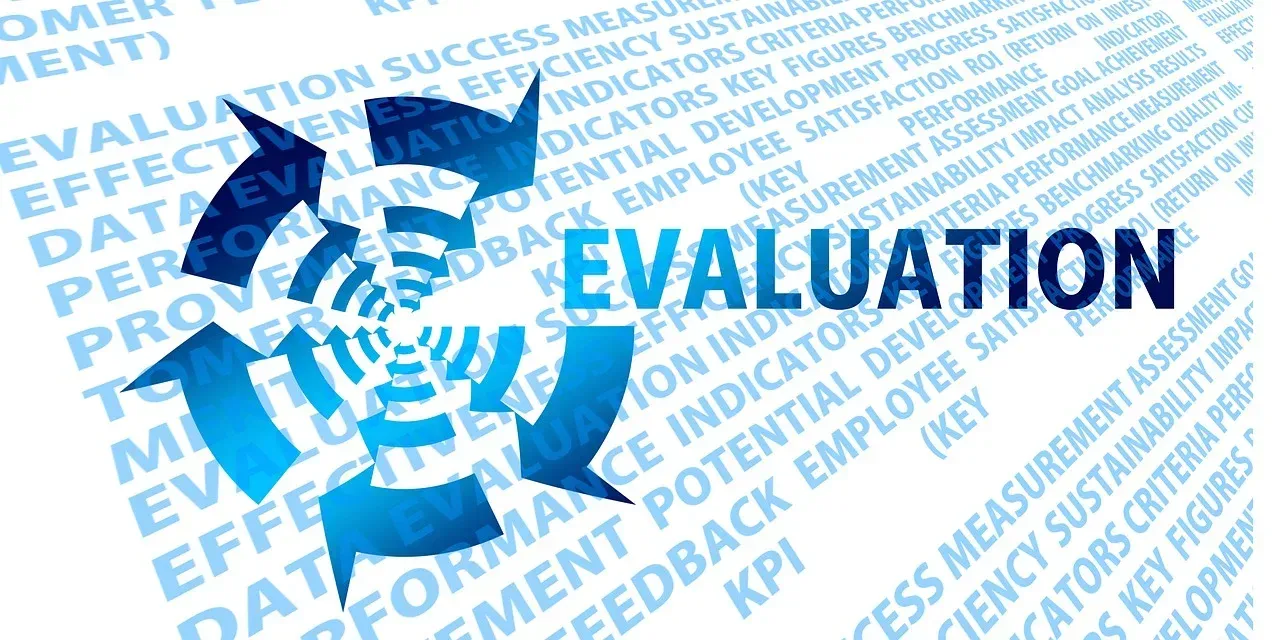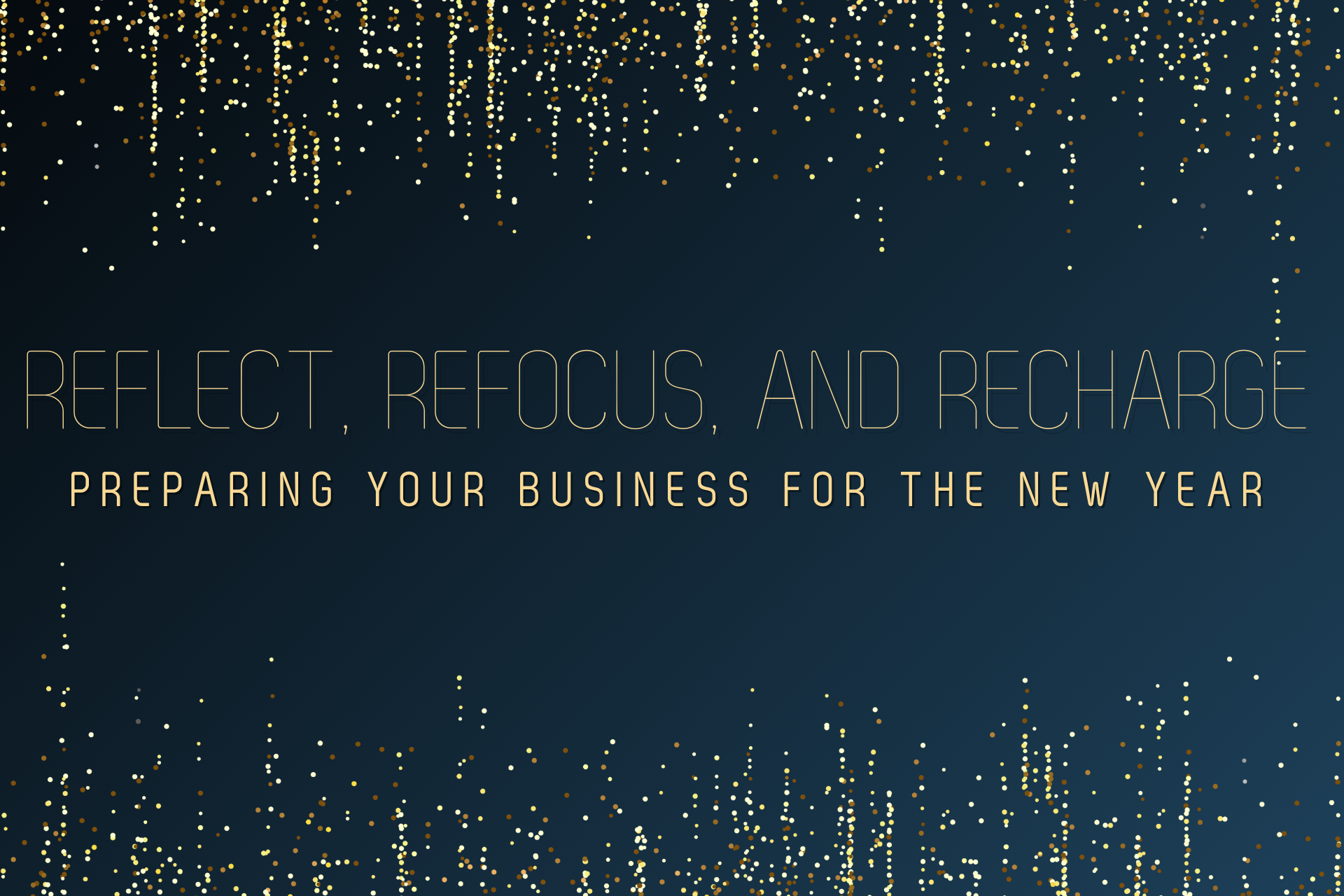Risk Management, CRO or PEO Let’s Dive In

In today's fast-paced business world, managing risks and ensuring compliance are paramount for any organization's success. As your business grows, the need for effective risk management becomes increasingly apparent. But the question arises: Should you invest in a high-ranking executive like a Chief Risk Officer (CRO) or explore the benefits of partnering with a Professional Employer Organization (PEO)? In this blog post, we'll help you navigate this critical decision.
The Role of a Chief Risk Officer (CRO)
A Chief Risk Officer (CRO) is a high-level executive responsible for identifying, assessing, and mitigating risks within an organization. Their primary role is to safeguard the company's assets, protect its reputation, and ensure compliance with industry regulations. Here are some scenarios where hiring a CRO might be the right choice:
1. Large-Scale Operations
If your business operates on a large scale, has complex financial structures, and faces industry-specific risks, a dedicated CRO may be essential. They can develop tailored risk management strategies to address your unique challenges.
2. Regulatory Complexity
In industries with stringent regulatory requirements, such as finance, healthcare, or energy, a CRO can ensure your organization stays compliant and avoids costly penalties.
3. Risk Expertise
When your business deals with intricate financial instruments, intricate supply chains, or extensive international operations, a CRO's specialized knowledge can be invaluable in managing these complexities.
The PEO Alternative
On the other hand, Professional Employer Organizations (PEOs) offer a comprehensive suite of HR services, including risk management, compliance, and benefits administration. Partnering with a PEO can be a cost-effective way to access these vital functions. Here's why you might consider a PEO:
1. Cost Efficiency
Hiring a CRO can be expensive, particularly for small and mid-sized businesses. PEOs allow you to access a team of experts at a fraction of the cost, making them an attractive option for businesses looking to manage risk on a budget.
2. Compliance Support
PEOs have dedicated teams that stay up-to-date with changing employment laws and regulations. This can help your business remain compliant and avoid legal issues.
3. Streamlined HR Services
Beyond risk management, PEOs offer a range of HR services, from payroll and benefits administration to employee training and development. This comprehensive approach can enhance overall business efficiency.
4. Scalability
PEO services can be tailored to your business's size and needs. Whether you're a startup or a rapidly growing company, a PEO can adapt to your requirements.
Making the Decision
The choice between a CRO and a PEO depends on your business's size, industry, and risk profile. Large corporations with complex operations and substantial resources may find a CRO indispensable. Smaller businesses, however, can often achieve effective risk management and compliance support through a trusted PEO partner.
Ultimately, both options have their merits. It's essential to assess your business's specific needs, budget constraints, and long-term goals before making a decision. Whether you opt for a CRO or a PEO, the key is to prioritize risk management and compliance as integral components of your business strategy, ensuring a secure and prosperous future for your organization.
You might also like



Book a Service Today
We will get back to you as soon as possible
Please try again later
Navigation
All Rights Reserved | MPower Partners INC
